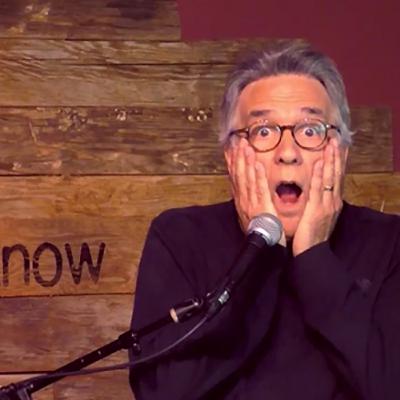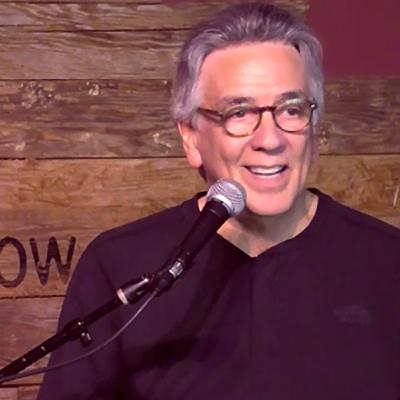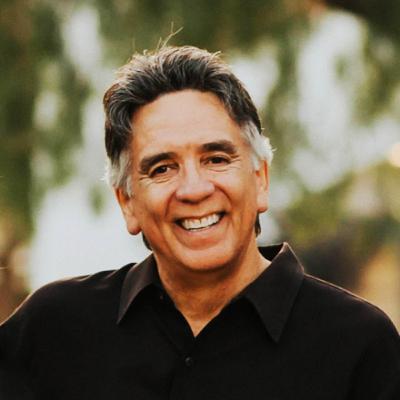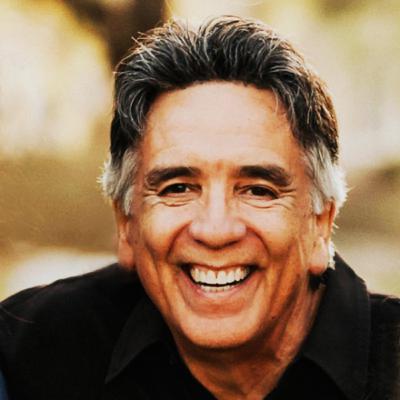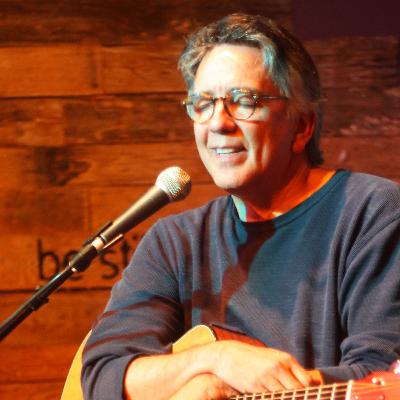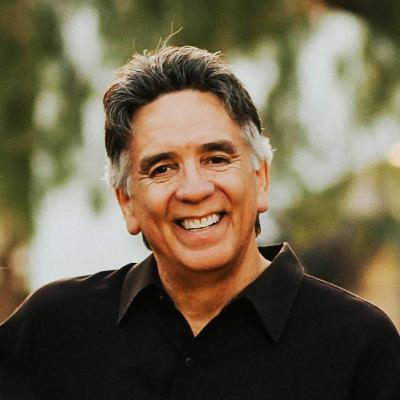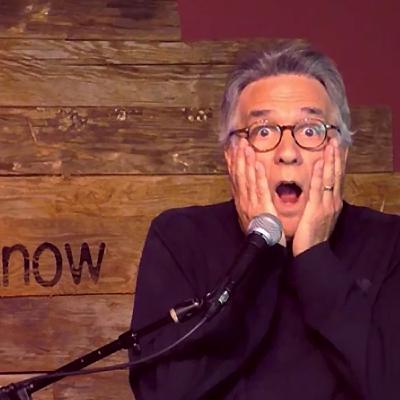Doubt and Common Sense
Update: 2025-09-28
Description
Dave Brisbin 9.28.25
If you want to protect and consolidate any institution, church, or state, the most effective one-two punch is to stigmatize doubt and proclaim dogma—belief accepted just because authority says so…which stigmatizes common sense. Then with enough power, you outlaw doubt and common sense altogether. Just about every religion and every political institution has done it. If we’re paying attention, it’s happening all around us. Orwell enshrined it in his novel 1984, though he was just mirroring totalitarian societies eighty years ago.
For 300 years after the crucifixion, everyone following Jesus was trying to interpret what he and his teachings meant theologically and personally. No one was in control, so no official dogma, but competing doctrines were everywhere, causing so much division that Emperor Constantine called the first church council in 325 CE. Christian orthodoxy was born, and with Roman power, the church enforced it. Apostle Thomas was marginalized as Doubting Thomas for being honest and courageous enough to demand his own personal experience, that he couldn’t base his faith on second-hand reports.
Doubt and common sense are our only footholds against a slide into superstition.
Scripture is careful to include the doubt that every hero of faith—from Abram to Moses to Apostles—used to springboard to the action of authentic faith. There is no faith without doubt, just as there is no courage without fear. Jesus had his moments of doubt and used the common sense of love-in-action to guide his people past prevailing dogma and practice to their own personal experience of God.
Some say human societies reset every 500 years. Five hundredish years ago, we in the West experienced Renaissance, Reformation, Enlightenment, a time of great doubt and questioning. We are going through just such a time now with science, technology, and politics pulling every existential thread. Jesus also lived in such a time, modeled and gave us permission to question, to use doubt and common sense to build a first-hand faith never dependent on ignorance or capitulation…as essential to us as it is threatening to those in power.
If you want to protect and consolidate any institution, church, or state, the most effective one-two punch is to stigmatize doubt and proclaim dogma—belief accepted just because authority says so…which stigmatizes common sense. Then with enough power, you outlaw doubt and common sense altogether. Just about every religion and every political institution has done it. If we’re paying attention, it’s happening all around us. Orwell enshrined it in his novel 1984, though he was just mirroring totalitarian societies eighty years ago.
For 300 years after the crucifixion, everyone following Jesus was trying to interpret what he and his teachings meant theologically and personally. No one was in control, so no official dogma, but competing doctrines were everywhere, causing so much division that Emperor Constantine called the first church council in 325 CE. Christian orthodoxy was born, and with Roman power, the church enforced it. Apostle Thomas was marginalized as Doubting Thomas for being honest and courageous enough to demand his own personal experience, that he couldn’t base his faith on second-hand reports.
Doubt and common sense are our only footholds against a slide into superstition.
Scripture is careful to include the doubt that every hero of faith—from Abram to Moses to Apostles—used to springboard to the action of authentic faith. There is no faith without doubt, just as there is no courage without fear. Jesus had his moments of doubt and used the common sense of love-in-action to guide his people past prevailing dogma and practice to their own personal experience of God.
Some say human societies reset every 500 years. Five hundredish years ago, we in the West experienced Renaissance, Reformation, Enlightenment, a time of great doubt and questioning. We are going through just such a time now with science, technology, and politics pulling every existential thread. Jesus also lived in such a time, modeled and gave us permission to question, to use doubt and common sense to build a first-hand faith never dependent on ignorance or capitulation…as essential to us as it is threatening to those in power.
Comments
In Channel


